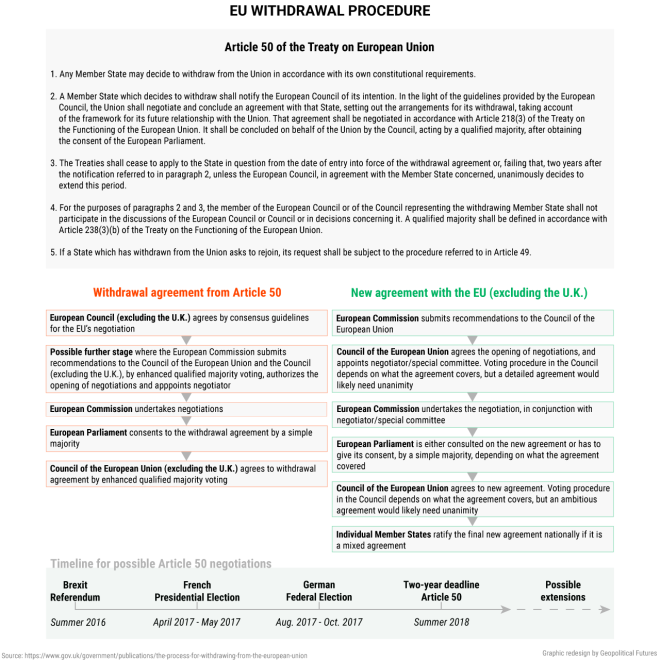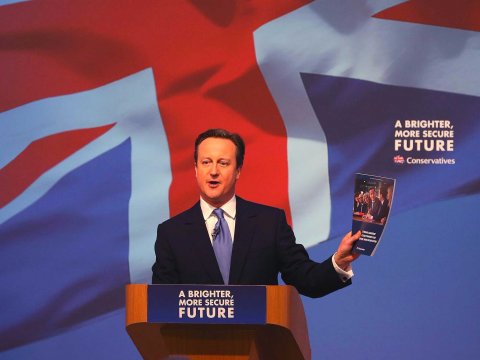
‘An opportunist, a turncoat, a blowhard, an egotists, a rotter, a bounder, a cad’ and ‘a glory-chasing, goal-hanging opportunist’. Not my words, of course, but the words of Boris Johnson in his biography of Winston Churchill. For all you people who haven’t been near the Kindle daily deals section or a Works bookshop for a year or so, back in sunny 2016 Boris, with his eye on Downing Street, wrote a biography. Why Johnson would choose Winston Spencer Churchill over, say, Henry Campbell Bannerman, is about as mysterious as a very large white number written on a great big red bus.
The temptation for Boris to draw parallels with Winston must be irresistible. It all seems to fall so neatly into place: both ex-public school japers, ex-journalists and all around loose cannons, embarking courageously alone on crusades against the establishment and convention, braving the slings and arrows of anger and resistance until, in the hour of greatest need, they lead their country down a new (and more honourable) path. The parallels run even deeper, and are slightly less flattering-both were supremely egotistical and supremely ambitious. Lloyd George hit Churchill with one of the most striking insults of all time (try not to think through the implications of all this-it is deeply creepy): ‘he would make a drum out of the skin of his own mother in order to sound his own praises’.
Boris claims that he wrote his book because we have all forgotten about Churchill. I’m not so sure. Winston’s beady eyes now follow me on every fiver and my multiplex is clogged up with Dunkirks and Finest Hours. But what Boris was really doing was putting us in mind of those Churchillian months from May 1940-June 1941 when the British Empire stood alone against Nazi Germany (supported, remember, by India and a host of Commonwealth countries). Alone, one brave public school rebel took a stand and used his gift for words to stir the population…Well, you get the idea.
Johnson acknowledges that Churchill has taken rather a kicking of late. He puts this down to sour grapes from some Marxist party pooping academics (I think he’s referring to most of my friends). Personally, I’d take a bit more seriously Churchill’s direct role in the Bengal famine of 1943 which led to the deaths of 3 million people. His role in the creation of the notorious auxiliary Black and Tan police in Ireland and his proposal to gas Iraqi tribes from the air has shown us a far less rosy side to ‘Winnie’ (there’s not much wriggle room in a phrase like ‘I am strongly in favour of using poisoned gas against uncivilised tribes’ in an official document).
Nevertheless, for Boris, Churchill’s shadow is enough. But Boris seems to have examined Churchill’s finest hour and drawn all the wrong conclusions. Churchill’s strength in that year or so of 1940-41 was to do what leaders should do and ‘teach reality’. He famously gave dire warnings and doom, offering ‘Blood, Toil, Tears and Sweat’ to Britain, and cautioning after Dunkirk that ‘wars are not won by evacuations’. John Lukacs’ meticulous recreation of the time has Churchill weeping in the back of the car after being appointed Prime Minister, convinced that it was too late. Churchill recognised that he had to ‘teach’ Britain of the danger it was in, and his true role was to explain the situation, prepare the public for the worst and say what needed to be done, with his only throw of the dice being to fight until he could ‘drag the Americans in’. Churchill drew on his years of experience, and decade on the backbenches warning of the dangers of Hitler, to warn, persuade and defy.

But Boris, in the Brexit crisis, has done the opposite to Churchill. Instead of ‘teaching reality’, he has been peddling fantasy. Boris has gone for hyper-optimistic non-reality weirdness, and retreated into a fantasy world where the EU could ‘go whistle’ and key negotiators could be insulted with crass World War Two jokes (Churchill, by contrast, offered to unite the UK and France into a single country when it faced defeat-imagine…).
However, Boris’ relentless, reality-free optimism is now meeting the concrete political world with a crunch. His actions in the last week reinforce the idea that the Foreign Secretary is, as Clement Attlee put it, ‘not up to it’. His too clever by half attempt to make a weakness a strength by bringing up that number on the bus again has backfired. His rejuvenation of the £350 million figure has not, as he hoped, de-toxified it, but re-toxified it. The Chief of the UK Statistics Authority (who, I presume from his title, knows his stuff about numbers) called it ‘a clear misuse of official statistics’.
While Churchill went from egotistical wrecker to party superstar in a decade, Boris seems to be doing the reverse. The problem for Boris is that, unlike Churchill, he has no reputation, no moral capital, to fall back on. The Foreign Office job that should have given him gravitas has made him look like David Brent. As Foreign Secretary he has, as Rafael Behr puts it, never ‘missed an opportunity to miss an opportunity to take a moral stand’, from Trump to Yemen. Rumours are circling that decisions aren’t being made and things are not being paid attention to, with one official saying ‘his lack of rigour or ability to prioritise has frustrated people . . . We fell out of love quite quickly’. It seems, as Churchill said of one of his predecessors, that ‘the greatness of the office has found him out’.
So I have a theory (be warned, I’m often wrong). Time is running out for Boris. One way of viewing his innocent newspaper article/attempt to remove the Prime Minister/brave warning to the people of Britain (delete as applicable) is that it is the desperate act of an isolated figure. The opportunist is running out of opportunities.
The mood music on Brexit is slowly changing. Boris is manoeuvring to be the saviour of ‘true’ Brexit, and the noisy (but small) group of MPs who want it, because he has nowhere else to go. You don’t write an article like Boris did, I would argue, unless you are in trouble. The ‘will he/won’t he’ resign dance shows him to be the amoral skulduggerer his enemies claim. And if he does resign he will truly be a party-wrecking, government-wrecking, power hungry egotist. You may say ‘tish’ and ‘fipsy’ to all this but the public have clearly gone off him and even the ever-adoring grassroots are getting tired of his antics. Boris’ retreat in the last 24 hours makes him look like a general who gloriously charged ahead only to find that no one has followed him (except maybe Ringo Starr, the drummer from Wings). ‘The only thing worse than having allies’ as Churchill once quipped ‘is having no allies’.
What if Johnson had taken a more downbeat approach? What if he had done a Churchill and tried to teach reality and warned of the hardship and danger that await us? The problem is that the persona of Boris Johnson simply can’t allow that: ‘Character’ he reminds us in his book ‘is destiny’. Downbeat Boris would not be popular and populist Boris with his sunny optimism. He must be a combination of Henry V and Tommy Cooper. Boris is doubly trapped into striking the wrong note by his position and persona.
The problem is he now looks like Lear running around the heath rather than Henry V closing the wall. Which brings me neatly to Shakespeare, the next subject for Johnson’s pen (or perhaps not). What astonishes me is that man who was thinking of writing a biography of William Shakespeare staked his political reputation and character on a hopeless political venture to free his country/become Prime Minister (delete as applicable again). Then, in the hour of his unexpected victory, in spitting distance of Downing Street, he was robbed of the throne by his closest ally who stabbed him in the back and then was in turn destroyed (temporarily). And Boris, his mind on Shakespeare, did not foresee it. How many Shakespeare plays has he read?





